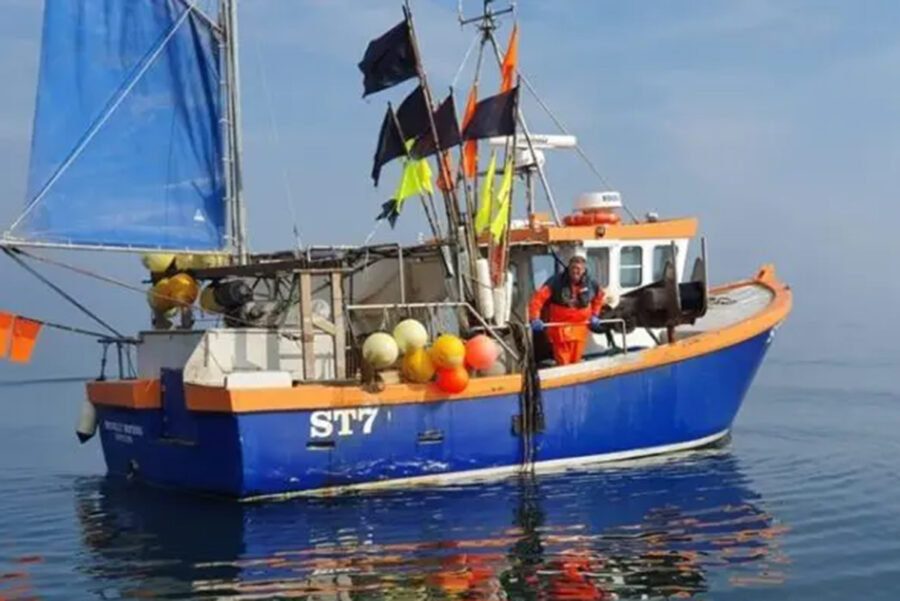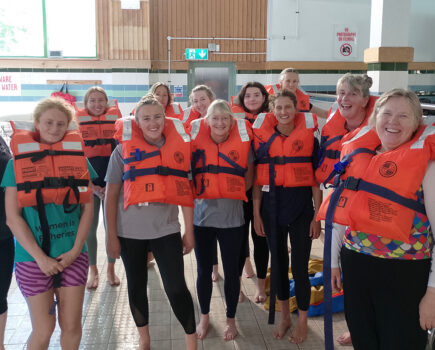Cefas and the NFFO have joined forces to create a new industry-science forum.
Its inaugural meeting was held on 30 November, with the aim of facilitating a more direct dialogue between the industry and Cefas fisheries scientists. The first meeting was held online, with the hope of future meetings being either in person or hybrid.
NFFO chief executive Barrie Deas said: “We have long recognised the importance of a strong dialogue between fisheries scientists and the industry, but in recent years we have tended to hold those discussions within a policy context.
“It’s important that this continues, but we think that a forum like this would allow for a more direct conversation between fisheries scientists and the industry to take place. You can’t expect to have good fisheries management based on inadequate information, so understanding each other is of paramount importance.”
Cefas CEO Neil Hornby added: “This forum provides a great opportunity for the fishing industry and Cefas’ scientists to come together to discuss the pivotal issues facing the marine environment. There are many topics where we share a mutual interest, and it was interesting to hear the concerns, comments and suggestions of the industry. I hope that this forum will continue to promote a closer working relationship and enhance outcomes for the ocean.”
The first meeting covered a wide range of topics, including stock identification, inshore trends, the science underpinning discards policy, Fishery Management Plans, cuttlefish stock assessments and distributional changes in species.
Cefas presented its new analytical tool Geofish, which has the potential to revolutionise our understanding of the spatial dimensions of fisheries. The tool, whilst still in development, combines satellite tracking and logbook data to provide detailed information about fishing activity and its impacts. Data security, levels of access and adequate safeguards will be crucial, and were part of the discussion.
The forum also addressed spatial prioritisation, against the background of the ABPmer report produced for the NFFO and SFF on the scale of potential displacement of fishing activities from historic grounds.
Topics for discussion at future meetings of the forum are likely to include:
- Shellfish management
- Scientific contribution to FMPs
- Improving use of industry data in assessments
- Discards/selectivity
- Mixed fisheries
- Data-limited species
- Gear design and bycatch mitigation
- Future climate change impacts on fisheries
- Marine spatial prioritisation
- Long-term trends/challenges in specific fisheries, e.g. North Sea demersal, Celtic Sea and Channel
- New emerging fisheries.
The first meeting of the forum included scientists and the NFFO executive, but it could evolve over time to incorporate other parties. It will meet three or four time a year, with the next meeting scheduled for April. There may also be additional stand-alone meetings on specific topics.








